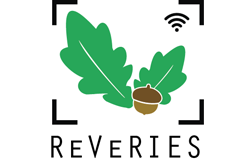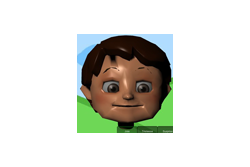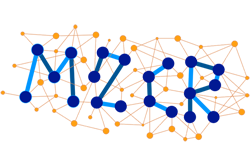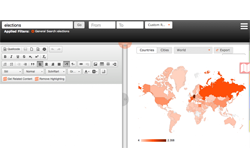ReVeRIES
Reconnaissance de Végétaux Récréative, Interactive et Éducative sur Smartphone (ReVeRIES)Date : 01/2016 – 09/2021Financement : ANRAppel : GenericPartenaires : liris (France), EVS (France), LISTIC (France), IRHS (France)URL : https://reveries-lium.univ-lemans.fr/LIUM Participant(s) : Sébastien GeorgePierre-Yves GicquelLudovic HamonPierre LaforcadeIza MarfisiDominique Py https://lium.univ-lemans.fr/wp-content/uploads/2016/01/reveries-no-sub.mp4 L’urbanisation de ces dernières décennies a indéniablement fait évoluer notre rapport aux plantes dans notre […]

 English
English








